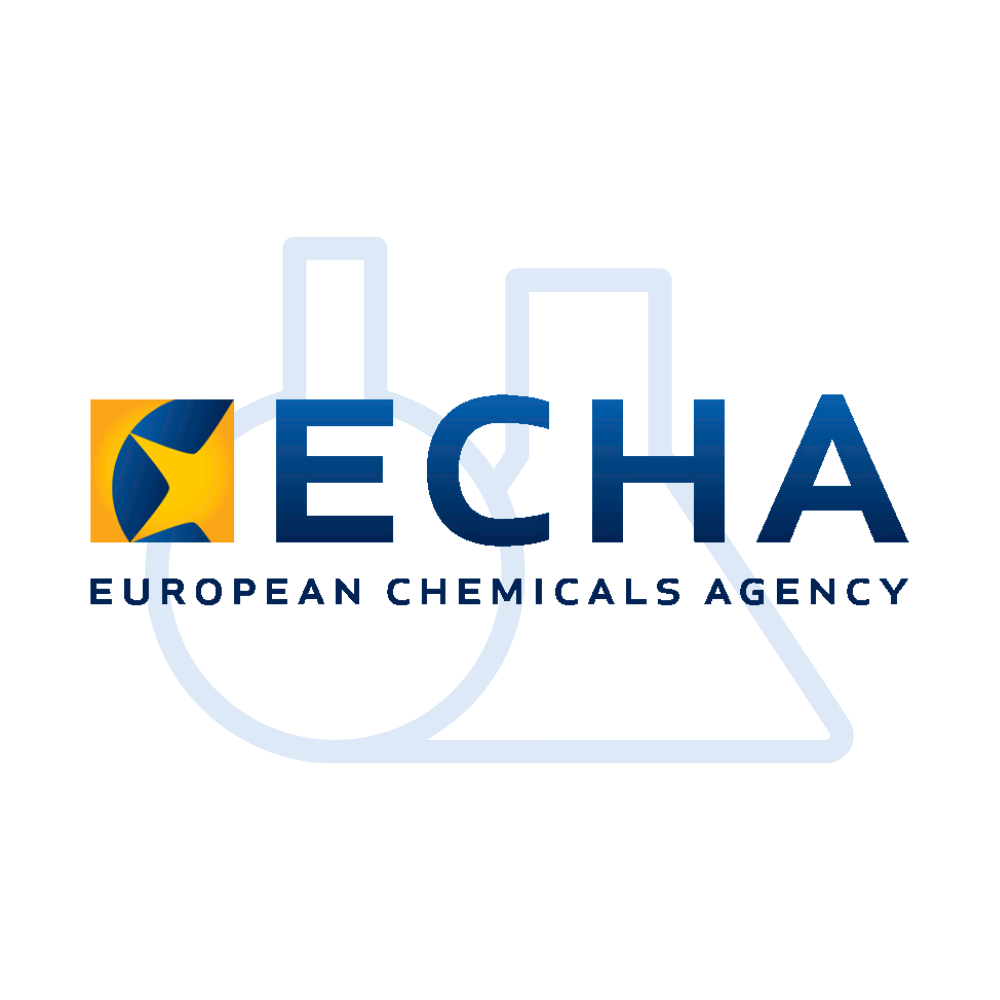What is a UFI Code?
The UFI code (Unique Formula Identifier) is a mandatory 16-character alphanumeric code required under the EU CLP Regulation. It must appear on labels of hazardous chemical mixtures placed on the EU market to ensure traceability and support emergency response.
The UFI code serves several key purposes. It enables poison centres and emergency responders to deliver accurate and timely treatment. It also facilitates traceability of hazardous mixtures and ensures data consistency by linking the label code with the corresponding Poison Centre Notification (PCN).
Chemleg offers a dedicated UFI (Unique Formula Identifier) creation service, helping companies meet their regulatory obligations under the EU CLP Regulation — quickly, accurately, and with confidence.
What Products Need a UFI Code?
Under Article 45 and Annex VIII of the CLP Regulation, a UFI code is mandatory for chemical mixtures classified as hazardous to health or physical safety. In other words, any product labelled with hazard pictograms such as toxic, corrosive, irritant, explosive, flammable, or oxidizing requires a UFI code.
Examples of product groups requiring UFI codes include:
- Adhesives
- Air care products
- Cleaning products
- Garden chemicals
- Construction and building materials
- Paints and coatings
- Fuels
- Inks and toners
What Are the Consequences of Incorrect UFI Code Use?
Incorrect use of a UFI code can result in medical professionals accessing incorrect information, potentially leading to inappropriate or delayed treatment. Widespread misuse of UFI codes poses significant public health risks in poisoning incidents.
Non-compliance with UFI obligations also carries serious legal and commercial consequences. Companies using incorrect UFIs may face fines, product recalls, sales bans, or other regulatory actions.
Additionally, if the UFI and Poison Centre Notification (PCN) are not correctly completed, the product cannot legally be placed on the EU market, leading to financial losses and reputational damage.
Furthermore, incorrect UFI use can create inconsistencies in ECHA’s central database, compromising data quality and the overall effectiveness of the system.
Secure Your UFI Compliance with Chemleg
Chemleg’s UFI creation service includes:
UFI Code Generation:
- Generating UFIs using the official ECHA UFI Generator
- Assigning the correct UFI for each mixture based on the company’s VAT number and formulation-specific code
UFI Management & Documentation:
- Providing a list of UFIs for internal use and compliance monitoring
- Ensuring UFIs are properly documented for use in labels, Safety Data Sheets (SDSs), and PCN submissions
UFI Labelling Guidance:
- Advising on placement and formatting of the UFI on product labels to meet regulatory requirements
- Ensuring the UFI appears in the correct format and a clearly visible position on the label
Fill out the form now to consult with our experts.
Frequently Asked Questions
Who is responsible for generating a UFI code?
A UFI code must be generated by:
– Importers placing hazardous chemical mixtures on the EU/EEA market from outside the region,
– EU/EEA-based formulators and manufacturers who produce, formulate, or repackage such mixtures,
– Downstream users who incorporate hazardous mixtures into their own products before placing them on the market.
Where should the UFI code be displayed?
UFI codes must be clearly displayed on the product label and included in the Safety Data Sheet (SDS). Proper placement ensures that poison centres can easily identify the correct mixture in emergency situations.
Can the same UFI code be used for multiple products?
Yes, provided that all products share an identical chemical composition. This helps improve efficiency and reduce administrative workload.
Does the UFI code change when the product composition changes?
Yes. Significant changes in a product’s chemical composition — particularly those affecting its classification or identity — require a new UFI and PCN submission. Minor changes that don’t impact hazards may not require a new UFI, but it’s important to check ECHA’s guidance.







